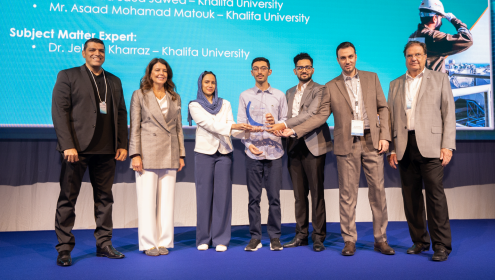
The inaugural Global Hackathon for Sustainable Water Desalination concluded with an awards ceremony during the World Congress 2024 closing luncheon in Abu Dhabi. Organized by ACWA Power in collaboration with IDRA and hosted by the Center for Membranes and Advanced Water Technology (CMAT) at Khalifa University, the event showcased groundbreaking innovations addressing the global water crisis. The hackathon culminated in a full-day ideation session, where participants collaborated to develop new ideas and innovative solutions to advance sustainability in desalination and water reuse. This immersive session fostered creativity, cross-disciplinary thinking, and practical strategies to tackle the challenges of water scarcity on…
Read more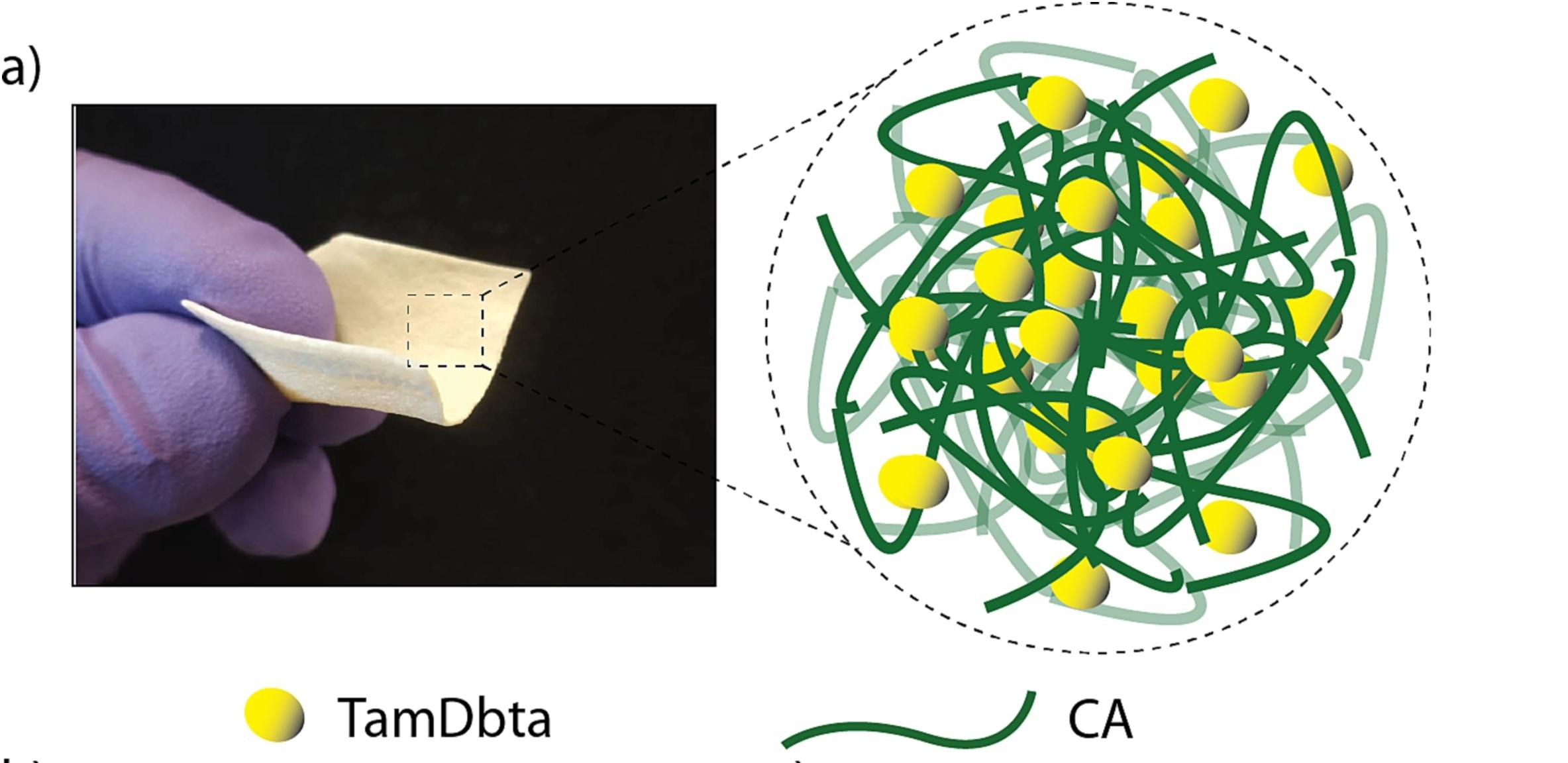
A team of researchers from Khalifa University has developed a breakthrough approach to water treatment as innovative low-cost, eco-friendly membrane could revolutionize toxic phenol removal from water. Removing phenol from industrial water is a pressing global issue. A persistent organic pollutant, phenol is commonly used in agriculture and general disinfection. Long-term exposure to phenol can damage human health and potentially cause cancer, but despite the risks, phenol is an indispensable chemical in various manufacturing industries, making it hard to completely eliminate its use. However, its poor biodegradability means it cannot be removed from wastewater by conventional methods.…
Read more
An innovative electrochemical process unlocks the potential of mining wastewater by recovering valuable metal ions and transforming them into valuable end products for a greener future. A team of researchers from Khalifa University’s Center for Membranes & Advanced Water Technology (CMAT) and Catalysis and Separations (CeCaS) has developed a sustainable electrochemical process to recover metal ions in wastewater, turning them into valuable end products for energy conversion and storage applications. Dr. Bharath Govindan, Research Scientist, Abdul Hai, Research Associate, Dr. Rambabu Krishnamoorthy, Postdoctoral Fellow, Dr. Mohammad Abu Haija, Associate Professor, and Prof. Fawzi Banat, Chair of the Chemical…
Read more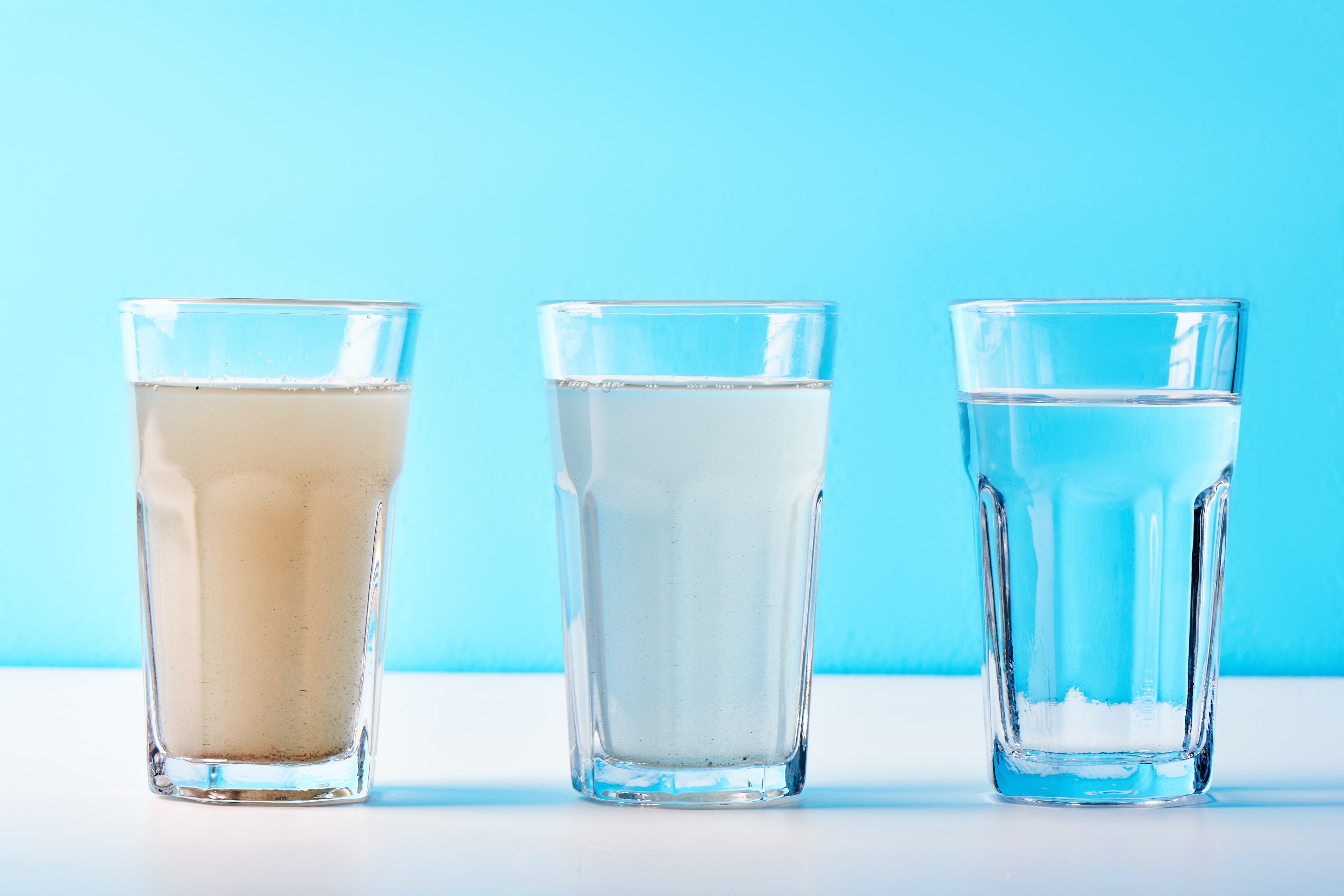
A team of researchers from Khalifa University has developed a sustainable and green membrane using graphene oxide and carbon nanotubes to safely and effectively remove excess nutrients from wastewater. Dr. Shadi W. Hasan, Associate Professor and Director of the Khalifa University Center for Membranes and Advanced Water Technology (CMAT), Prof. Fawzi Banat, Chair of the Khalifa University Chemical Engineering Department, Dr. Hanaa Hegab, Postdoctoral Fellow, Dr. Vijay Wadi, Research Scientist, Hiyam Khalil and Lobna Nassar, both graduate students, developed a membrane with the potential for practical use in real wastewater-treatment applications. They published their results in npj Clean…
Read more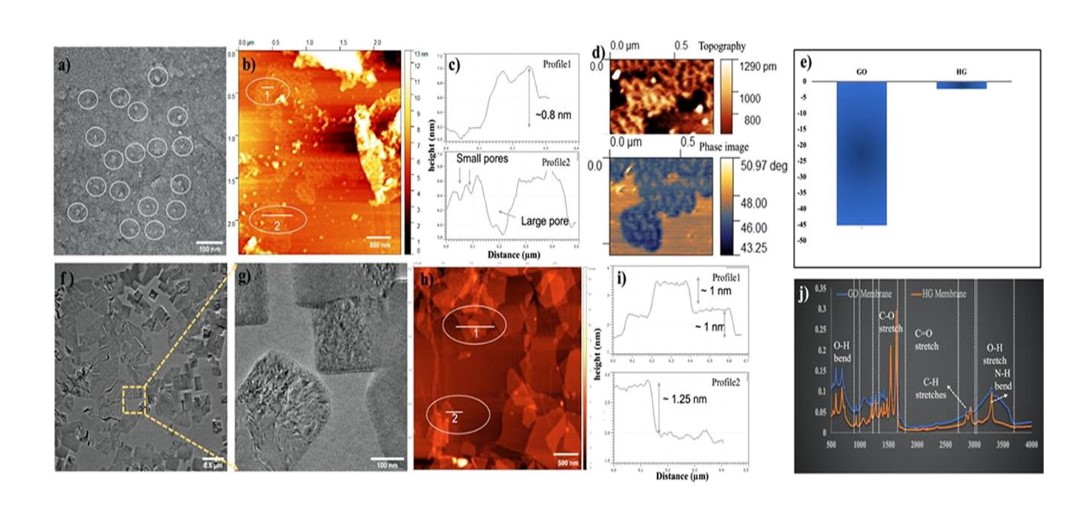
Membrane-based organic solvent nanofiltration could save up to 90 percent of the energy required to reuse solvents in various industries. A team of researchers from Khalifa University’s Center for Membranes and Advanced Technology has developed a new nature-inspired membrane for this technique using holey graphene. The broad spectrum of solvents with differing chemical and physical properties means there are myriad applications for their use. These solvents, for instance, are used in up to 90 percent of the processes used in the pharmaceutical industry. However, recovering these solvents for re-use typically requires energy-intensive processes. Membrane-based organic solvent nanofiltration-separation techniques,…
Read more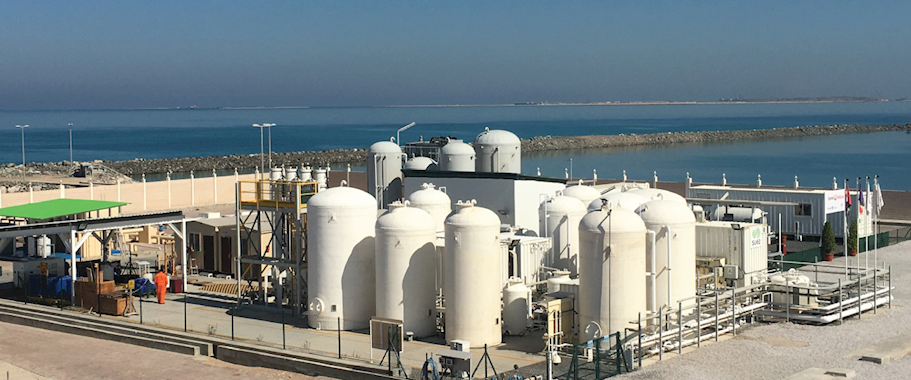
While desalination technology is becoming increasingly popular as costs come down and demand for water grows, some sociopolitical factors still hamper its adoption. Water scarcity is a global challenge, with growing populations putting pressure on a finite supply of water. Responding to this challenge is desalination technology, with the cost of desalinated water coming down as technology evolves. Desalination, however, is plagued by some serious problems, including environmental issues. Often overlooked are the sociopolitical factors impacting the adoption and proliferation of this technology, but a team from Khalifa University has used multiple cases from several countries to identify…
Read more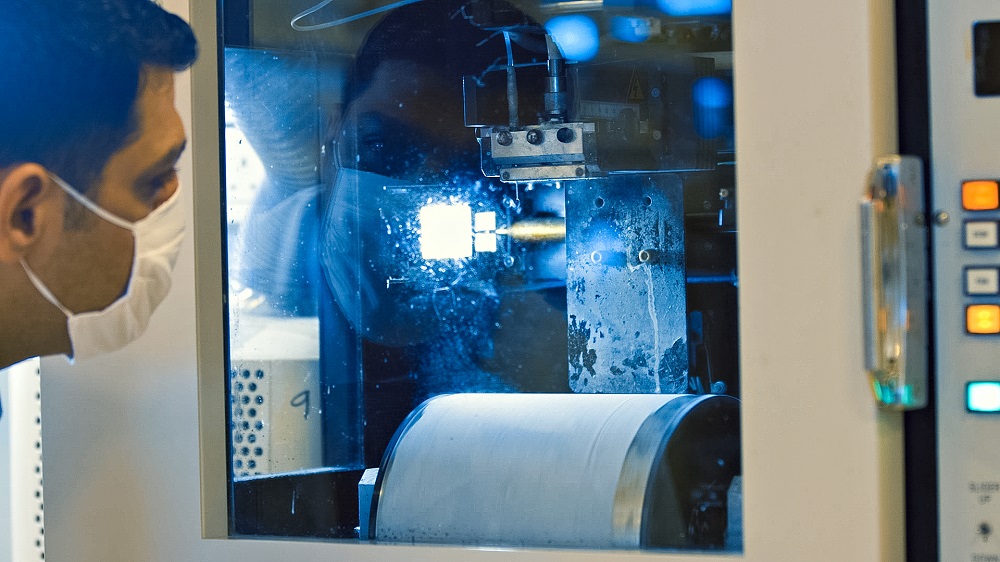
Researchers Filed For a Patent License For The Mask’s Bio-Material View this post on Instagram A post shared by جامعة خليفة (@khalifa_university) on Oct 12, 2020 at 7:16am PDT Khalifa University of Science and Technology today announced a team of researchers has successfully developed the first working prototypes of NavaMASK, a fully ‘biodegradable’, ‘biocompatible’, environment-friendly and novel anti-viral adaptive face mask with nanofibers that will have strong anti-microbial properties. The researchers have already filed for a patent license for the mask’s bio-material. NavaMASK will offer excellent breathability with strong anti-microbial properties and can be washed and reused…
Read more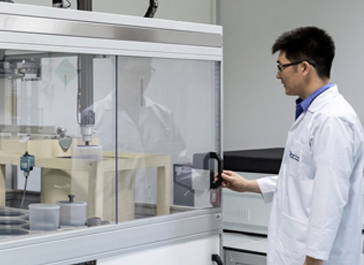
Sustainable mechanical pressure converter for water desalination that has been designed and fabricated in KU was presented as a promising sustainable desalination system at 2018 Global Grad Show in Dubai Design Week. Eighty percent of the water consumed in the UAE is generated by water desalination facilities. The current seawater desalination technologies are both expensive and energy intensive. The sustainable mechanical pressure converter developed by the KU students provides an innovative and sustainable alternative for seawater desalination. The mechanical pressure converter reduces the need for power or fossil fuels by utilizing a hydraulic device that transforms wind energy into the…
Read more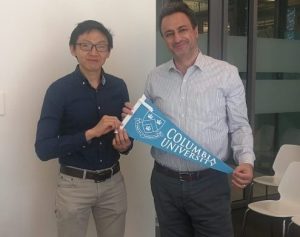
A one-day international workshop titled “Advances in Membrane Science and Water Technologies Supporting Sustainable Water Supply” was conducted on March 18, 2019 and included lectures by the advisory board members of CMAT. The workshop was attended by KU faculty and students, members of UAE industry and public utilities sectors and visitors from other countries. Dr. Giovanni Palmisano organized a seminar titled “Design of Titania Supported Systems for Photocatalytic Air and Water Cleaning”, by Dr. Natasa Novak Tusar, Group Leader for Catalysis – Design and Development of Porous Catalysts for Environmental and Energy Technologies, Department for Inorganic Chemistry and Technology, National…
Read more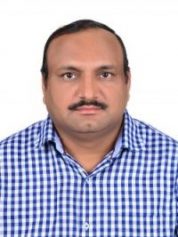
Ms. Hanaa Baniowda, from An-Najah National University, Palestine spent the summer assisting CMAT Research Scientist, Dr. Mahendra Kumar for a three-month internship. The collaboration and internship opportunity has produced high-quality research that is currently being considered in a high-impact factor journal. During the internship, she was trained on membrane fabrication, nanomaterial synthesis and material characterization. The world constantly confronts an intensified problem of water scarcity, partly due to contamination of many existing freshwater sources. Membrane-based separation processes such as ultrafiltration (UF) are instrumental in handling polluted surface water from different sources, and producing good quality drinking water. Nonetheless, membrane processes…
Read more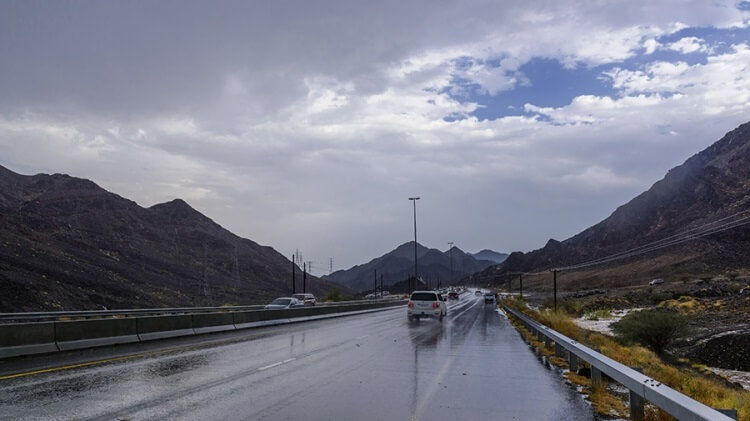
An aircraft loaded with a new cloud seeding material developed by Khalifa University has taken flight to seed warm clouds in UAE skies. The cloud seeding material developed by Khalifa University’s Dr. Linda Zou, Professor of Civil Infrastructure and Environmental Engineering, has generated significant attention since Dr. Zou won in 2016 a USD 1.5 million, 3-year grant from the UAE Research Program for Rain Enhancement Science (UAEREP) to research the use of nanotechnology to enhance rainfall. Over the past three years, Dr. Zou’s team has made steady progress towards designing and fabricating the nanotechnology-enabled cloud seeding materials in the lab.…
Read more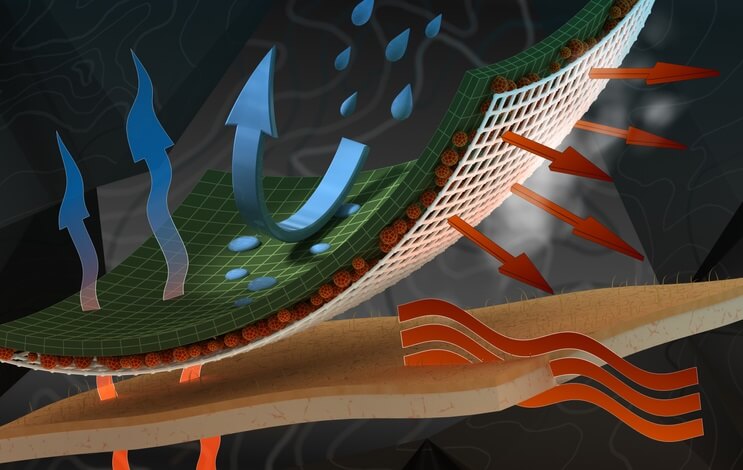
A new type of 3D-printed feed spacer could make membrane-based seawater desalination processes, such as reverse osmosis and ultrafiltration, more efficient, according to new findings by researchers at Khalifa University’s Center for Membranes and Advanced Water Technology (CMAT). The feed spacers, designed and manufactured with the help of 3D printing to achieve complex geometries and sizes, are described most recently in the Journal of Membrane Science, by a team led by KU’s Dr. Hassan Arafat, Professor of Chemical Engineering and Director of CMAT. The team also includes professors Rashid Abu Al-Rub, Hector Hernandez and Giovanni Palmisano as well as researchers…
Read more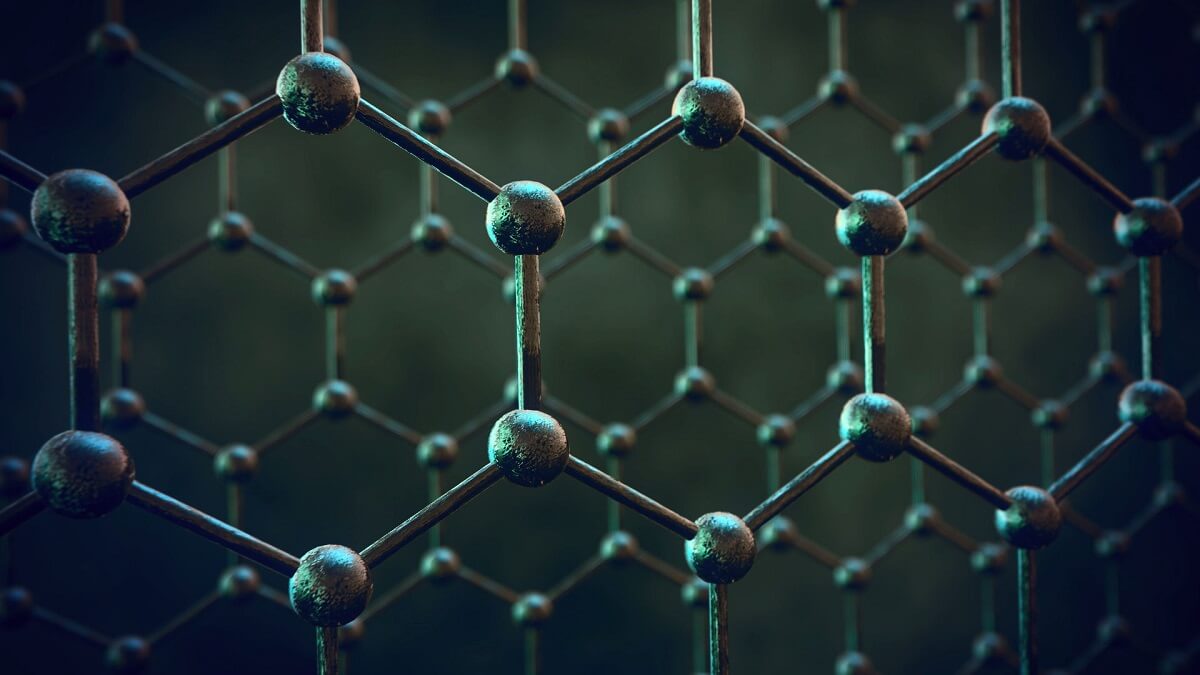
Third Research Paper on Use of Graphene in Desalination Published A partnership between The University of Manchester and Khalifa University of Science and Technology in Abu Dhabi has developed graphene-based membranes to take salts out of water. In recent years the depletion rate of fresh water resources, growing global population and climate change have seen a serious need to address not only our water demands for today but also for the future. Recently published in the Journal of Membrane Science, the third paper to be published from the project, the team of researchers are working to tackle one of the…
Read more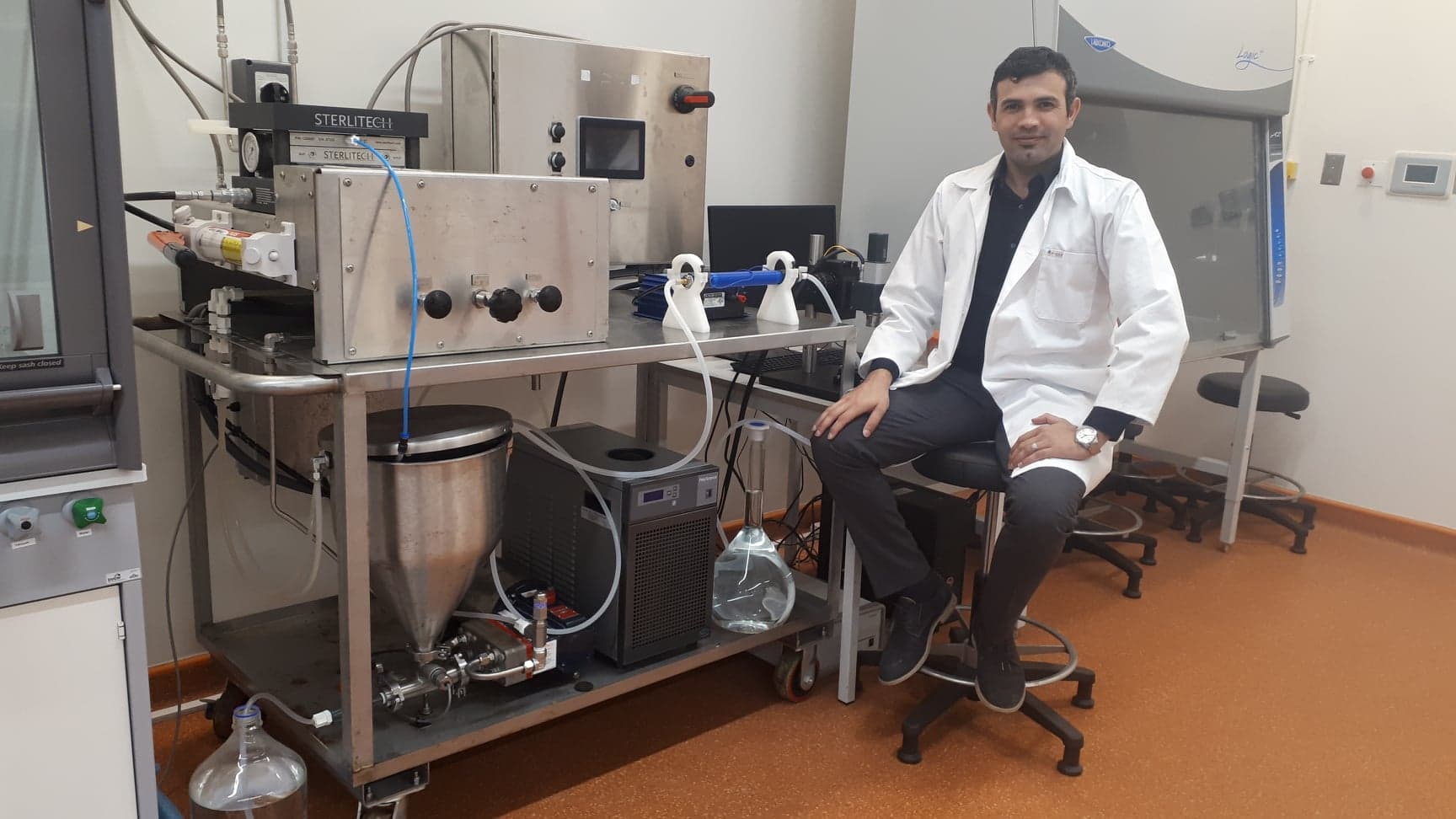
A previously unutilized effect of magnetism observed by Khalifa University’s Dr. Emad Alhseinat may be key to energy-efficient, low-cost seawater desalination and other industrial separation processes In a world of dwindling freshwater resources and rising greenhouse gases, researchers are constantly searching for affordable, more sustainable ways to turn seawater into potable drinking water, without further straining the planet’s natural resources or increasing global greenhouse gas emissions. Now, a team of researchers from Khalifa University’s Center for Membranes and Advanced Technology (CMAT), led by Dr. Emad Alhseinat, Assistant Professor of Chemical Engineering, have discovered a new way to separate salt from…
Read more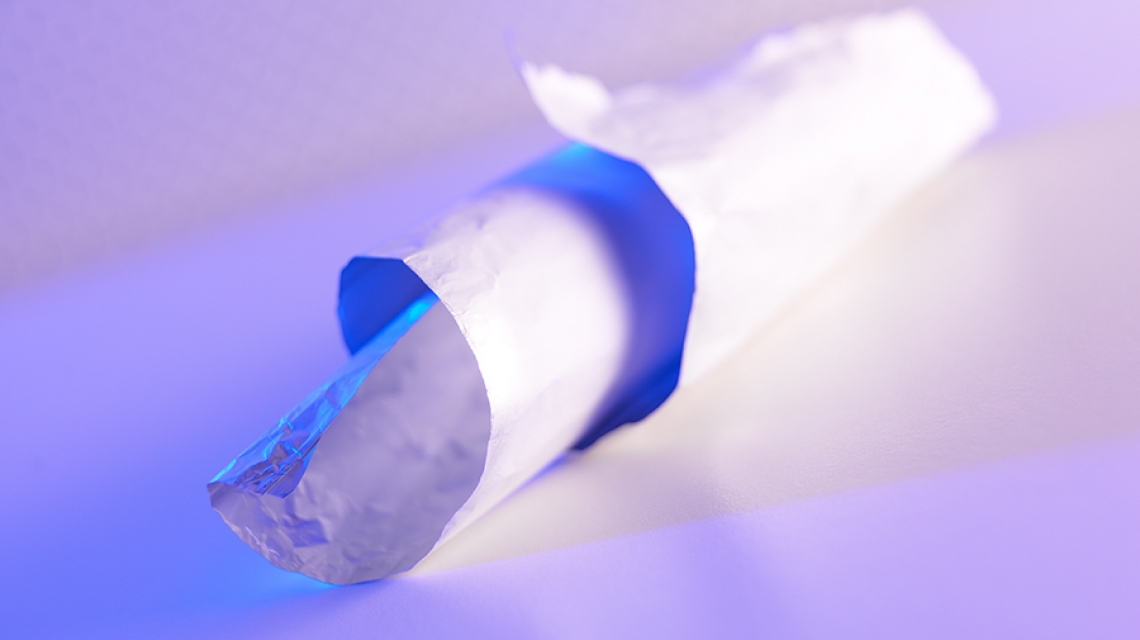
An advanced water treatment membrane made of electrically conductive nanofibers developed at Masdar Institute was highlighted by Dr. Raed Hashaikeh, Professor of Mechanical and Materials Engineering at Masdar Institute, in his keynote speech during the 3rd International Conference on Desalination using Membrane Technology held last week in Spain. Self-cleaning membranes offer a critically needed solution to the problem of fouling, which is the unwanted build-up of organic and inorganic deposits on a membrane’s surface that reduces the membrane’s ability to filter impurities. Water treatment and purification membranes that can easily clean themselves when fouled could make pressure-driven membrane filtration systems…
Read more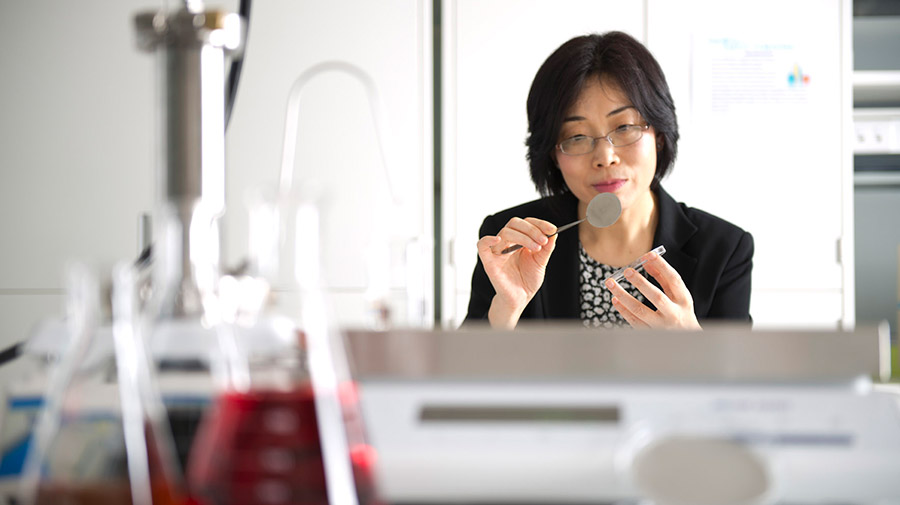
Membranes made from carefully arranged graphene layers could help transform seawater desalination from an energy intensive process into one that is significantly more energy efficient. Such a transformation would reduce the carbon footprint and power demand of countries that rely on desalination to meet their freshwater needs, like the UAE, but current technological limitations make large-scale, low-cost fabrication of graphene membranes challenging. Now, researchers from Masdar Institute have come up with an innovative synthesis technique that could help take graphene-based filters a step closer towards becoming competitive with their conventional polymer membrane counterparts. The technique uses a “bottom-up” approach, which…
Read more